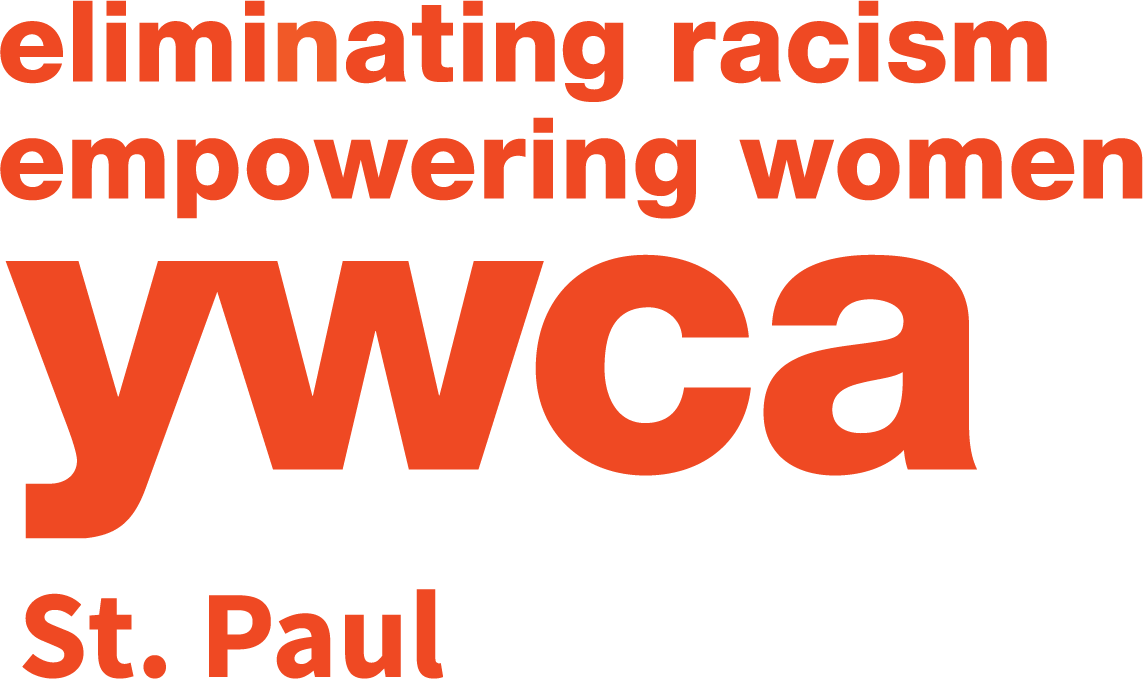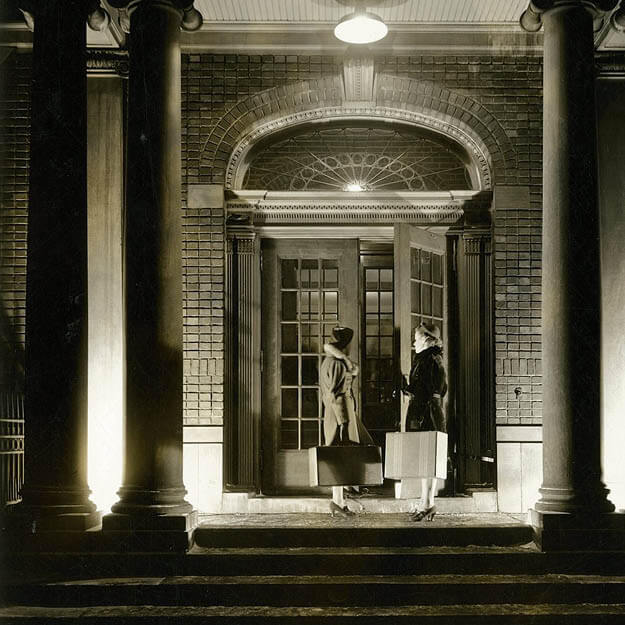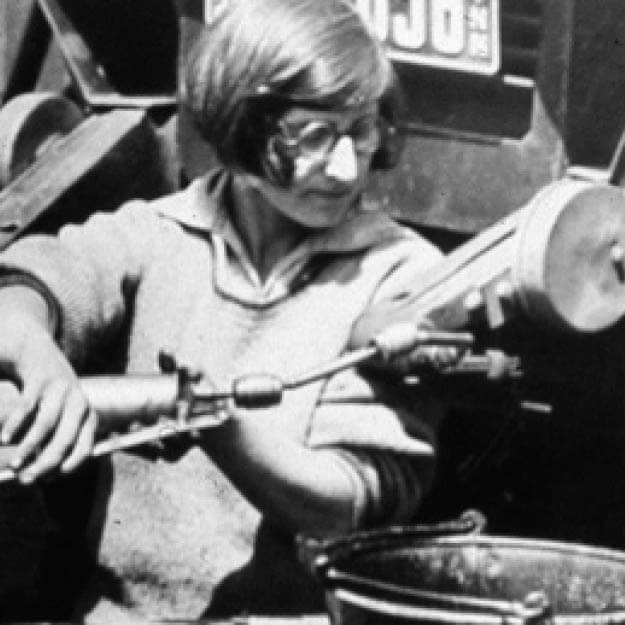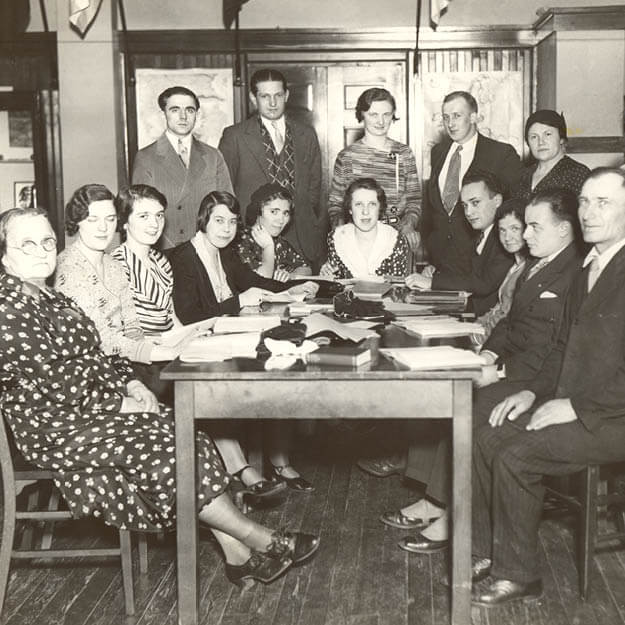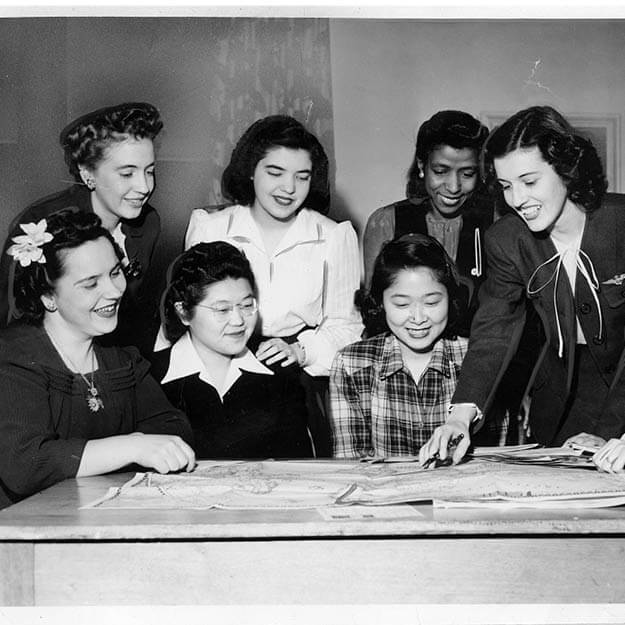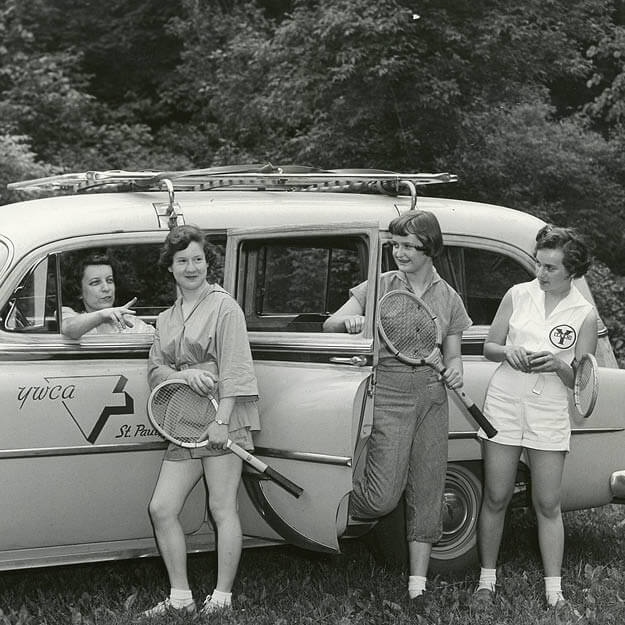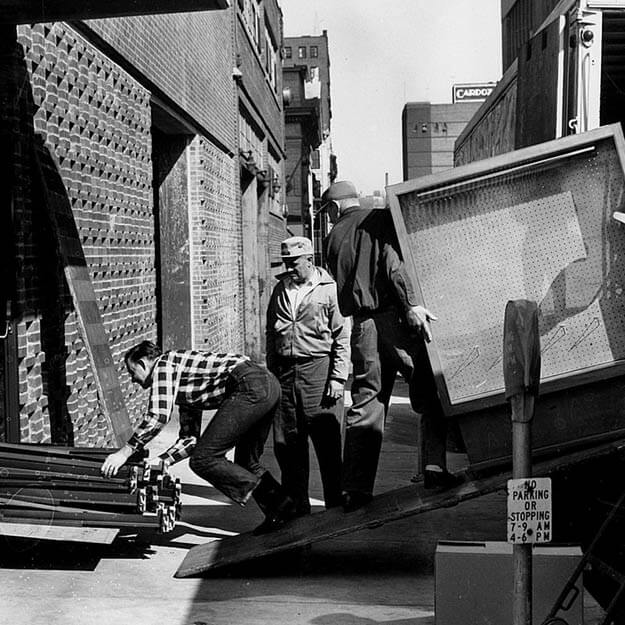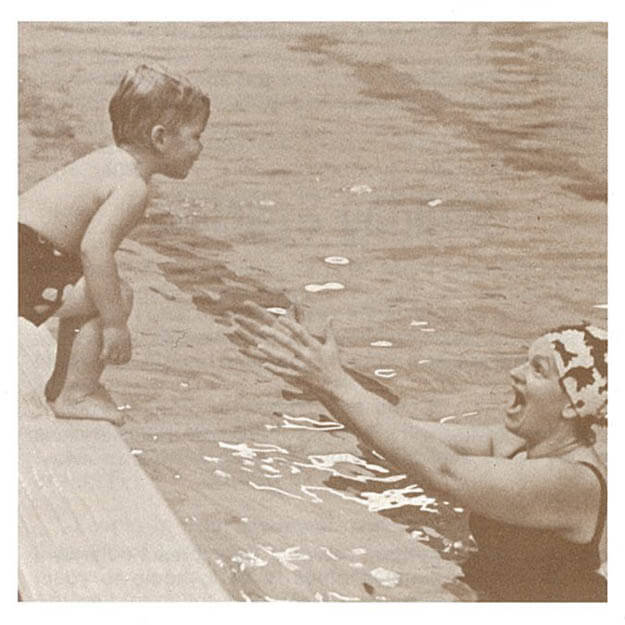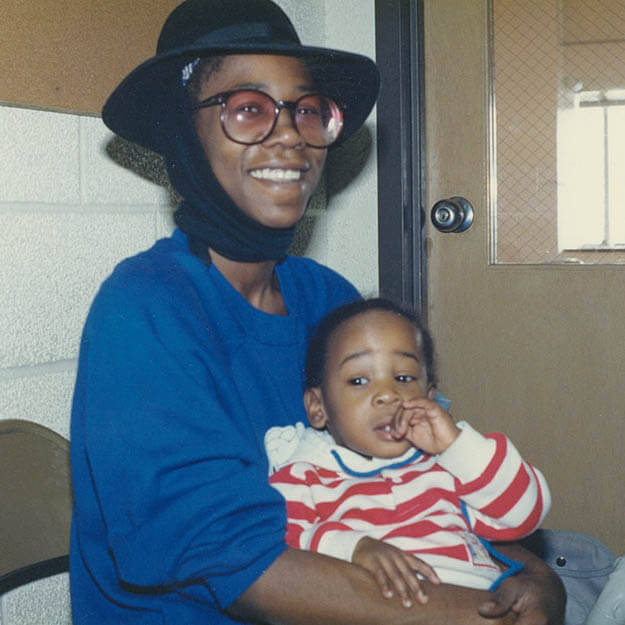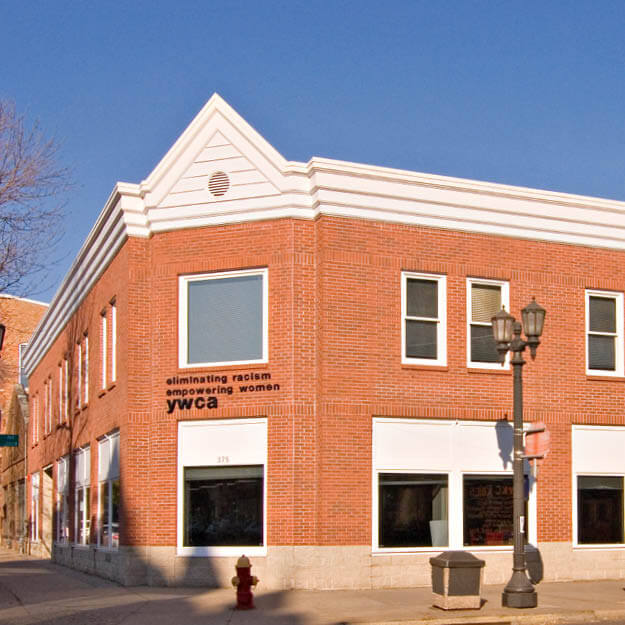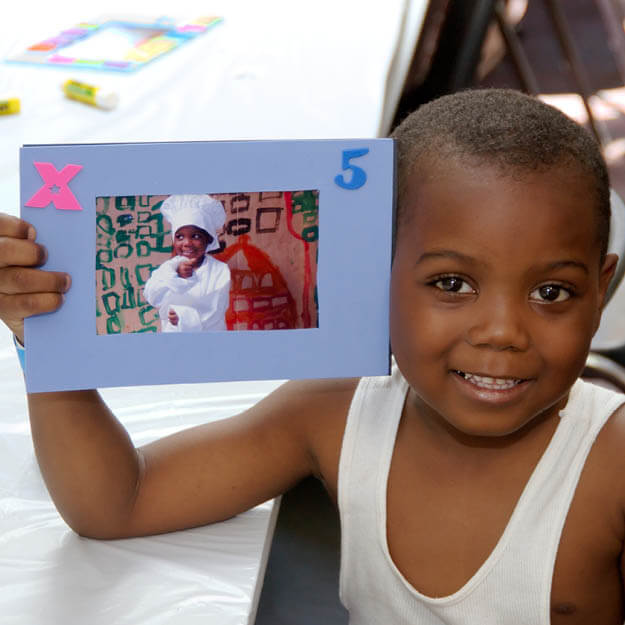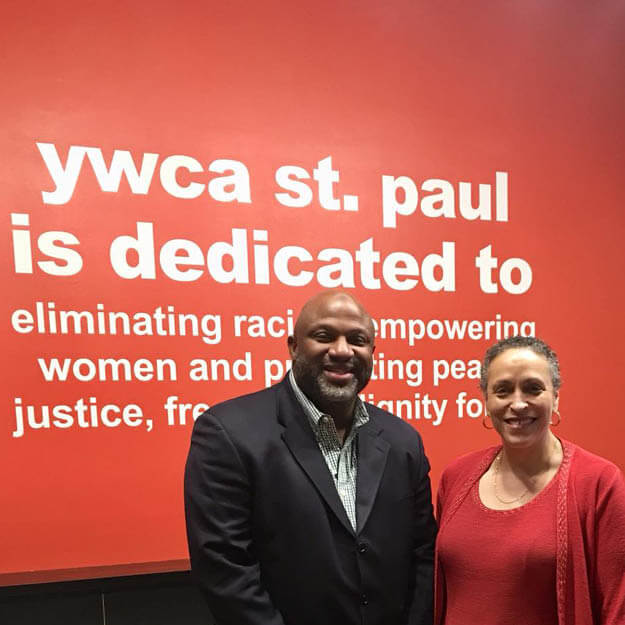History & mission
Collaborating with a broad east metro network, YWCA St. Paul anchors the Summit-University community and reaches out to neighbors in greater St. Paul and Ramsey County.
Every year, we help individuals and families in our community reach their goals and improve their quality of life by addressing community needs in four core areas: Housing & Supportive Services, Youth Development, Health & Wellness, and Employment & Economic Development.
